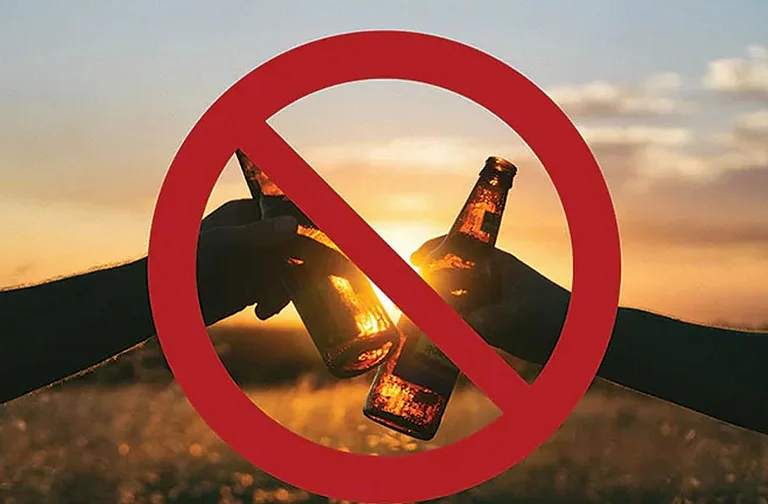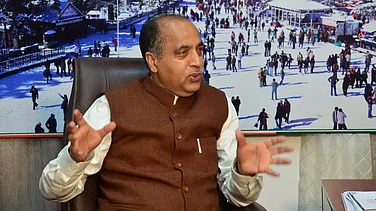The Karnataka government has implemented a statewide ban on the use of artificial colouring agents in the preparation of both vegetarian and non-vegetarian kebabs, citing concerns over their 'adverse' effect on public health.
An official order from the state government on Monday stated that in case of violation of the Food Safety and Standards Act, 2006 rule 59, it can file a case in the court which can lead to imprisonment ranging from seven years to life term and a fine up to Rs 10 lakh.
The Food Safety and Quality department found that kebabs sold across Karnataka had poor quality because they contained artificial colours.
They said these additives can seriously affect people's health.
Following media reports, samples of kebabs sold statewide were collected and tested in state laboratories.
In an official order dated June 21, the department stated that out of the 39 samples collected and tested in laboratories, eight were found to be unsafe due to usage of artificial colour (Sunset Yellow was found in seven samples while Sunset Yellow and Carmoisine was found in another sample).
Citing the Food Safety and Standards Act, 2006, it said the usage of artificial colours is unsafe and hence, no such colouring agents shall be used as it can seriously affect the health of the consumer.
The use of any artificial colours in the preparation of kebabs is not permitted under rule 16 of the Food Safety and Standards (Food Products Standards and Food Additives) Regulations, 2011, the order added.
In March, the state government prohibited usage of artificial colours in ‘Gobi Manchurian’ and ‘Cotton Candy’ in the state as their usage causes adverse effects on public health, especially children.
The decision was taken by the food safety and quality department after samples of ‘Gobi Manchurian’ and ‘Cotton Candy’ collected and analysed in laboratories showed presence of unsafe artificial colours.
(With PTI inputs)




















.png?w=200&auto=format%2Ccompress&fit=max)







